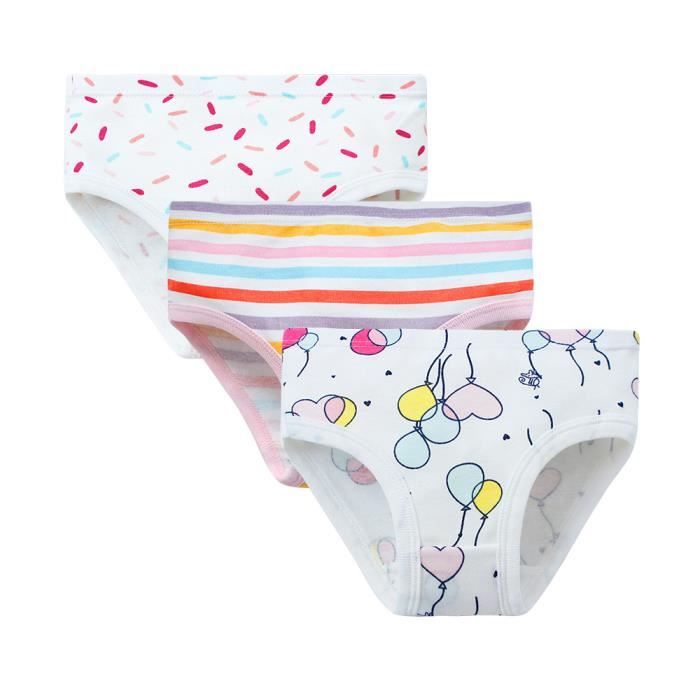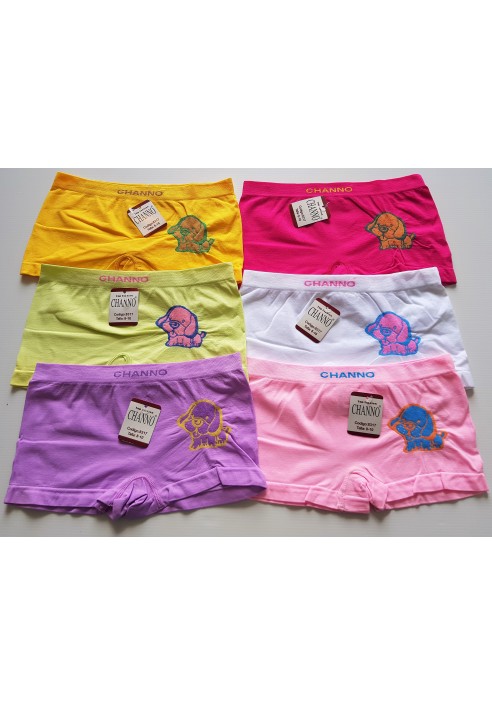
Lot de 3 Culotte Filles Boxer Fille Pur Coton Culotte Enfant Fille Slip 2 3 4 5 6 7 8 Ans Blanc - Cdiscount Prêt-à-Porter

Chic-Chic Lot de 5 Shorty Boxer Bébé Fille Fillette en Coton Motif Imprimé Mignon sous-Vêtements Enfant Ultra Doux de 3 Ans à 8 Ans : Amazon.fr: Mode

Boxer fille freegun 8/16 ans fgm31/ha4bmtron Fille, Enfant FREEGUN Multicolore - Cdiscount Prêt-à-Porter

Lot de 3 Culotte Filles Boxer Fille Pur Coton Culotte Enfant Fille Slip 2 3 4 5 6 7 8 Ans Gris - Cdiscount Prêt-à-Porter

Culottes Fille 9 Pièces Culotte Fille en Coton sous-vêtements Bébé Fille Boxers Boyshorts Bébé Fille Doux et Confortable,Multicolore-9 Pièces,3-4 ans(110) : Amazon.fr: Mode

Chic-Chic Lot de 5 Shorty Boxer Bébé Fille Fillette en Coton Motif Imprimé Mignon sous-Vêtements Enfant Ultra Doux de 3 Ans à 8 Ans (5-6 Ans, Modèle B) : Amazon.fr: Mode

Coton Boxer Slips Culotte Filles Boxer Shorts Enfant Culottes Sous-vêtements Pour 8-16 ans acheter à prix bas — livraison gratuite, avis réels avec des photos — Joom

Freegun - Lot de 3 Shortys FREEGUN Fille Summer - (6/8 ans - Multicouleur) Multicouleur - Cdiscount Prêt-à-Porter



















